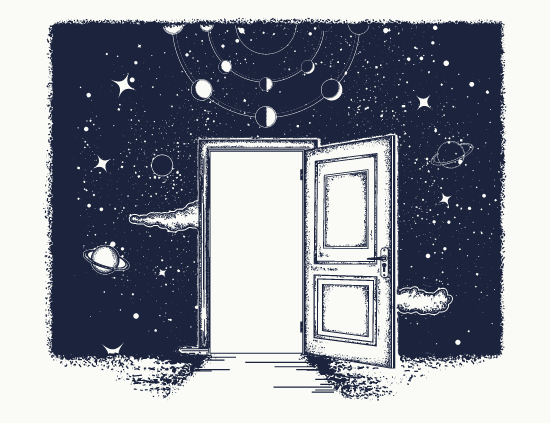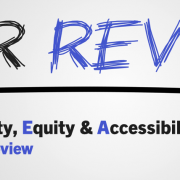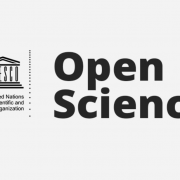Why Open Science Is Here to Stay
Openness is one of the defining characteristics of modern science and scholarship. The idea that there should be some secret esoteric knowledge reserved for initiates has long been banished from serious research and survives only in some non-academic fringe groups. Even research in industrial R&D facilities is now routinely published, if only in the form of patent applications. The one major and sad exception is of course some military and security research, and there are also a small number of cases where fully open science is not appropriate, for example, in environmental research to protect endangered species or in medical research to protect patient confidentiality.
The fundamental concept is noble and powerful. Ideas, theories, and their supporting intellectual frameworks should constitute a common good of all humanity, freely shared for our mutual enjoyment and benefit. This concept is anchored in the Universal Declaration of Human Rights which states, in article 27.1 that “Everyone has the right freely to participate in the cultural life of the community, to enjoy the arts and to share in scientific advancement and its benefits.” This framing of science as a cultural activity from which nobody is excluded and to which everyone can contribute, and from which everyone can benefit without in any way reducing the benefit available to others, defines it as what economists term a pure public good.
“Ideas, theories, and their supporting intellectual frameworks should constitute a common good of all humanity, freely shared for our mutual enjoyment and benefit.”
The reality however is different. Large parts of scholarly publication have been captured by commercial bodies whose primary interest is shareholder value and not the common good. The sharing of data is partial, inconsistent, and inadequately resourced. Science is too often confused with innovation and valued only for its immediate utility. Openness is paid lip service, but is often not properly rewarded in research evaluations, funding decisions and career progression. If we want open science to realise its full potential, there is an urgent need to reform processes and attitudes as well as to invest in sustainable infrastructures and organisations to support it. The necessity of such change has been dramatically brought home by the COVID-19 pandemic, where the traditional structures of science have been exposed as too slow and sclerotic to deal with a rapidly changing scientific and policy landscape.
“The necessity of such a change (towards open science) has been dramatically brought home by the COVID-19 pandemic, where the traditional structures of science have been exposed as too slow and sclerotic to deal with a rapidly changing scientific and policy landscape.”
At the same time, however, we have to recognise that many features of the traditional system are there for good reasons, and that moving to a more open and agile system is not without risk. Managing change in a complicated and interconnected system is challenging and raises many issues, some legal, some ethical, some practical as well as more philosophical ones concerning the purpose, nature and conduct of scholarship itself. It is vital that the academic community actively participates in discussing these issues using the full range of analytic tools developed in our various disciplines as well as our lived experience as researchers.
Europe is not unique in this regard, and science being universal, this discussion has to be cognisant of the global context. However, it is also the case that some issues have a special salience within the European context. For all these reasons, ALLEA feels that it is appropriate to establish a special task force on Open Science to address these challenges, to allow ALLEA to respond in a coherent and timely manner to developments, and to amplify the voice of the European academies within this global debate.
Luke Drury, Chair of the ALLEA Open Science Task Force and ALLEA Board Member.










